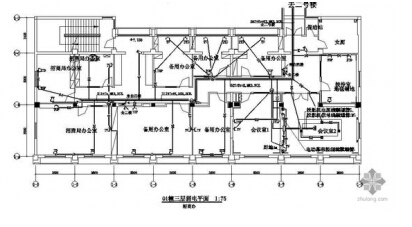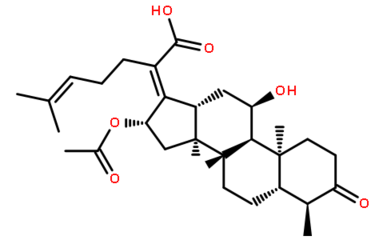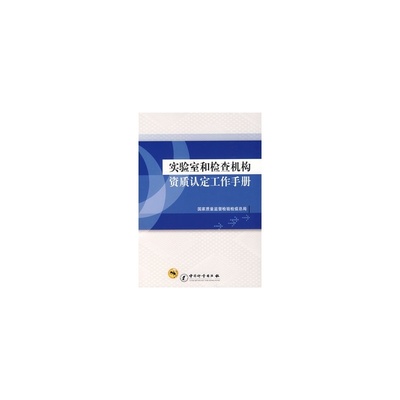肯定句变为否定句时应注意的特殊情况
肯定句变为否定句时,通常必须在句中加上副词not 。可是对有些特殊的情况我们还必须加以注意,现根据初中英语教材对这些特殊情况说明如下:
1.如果肯定句中有连词 and ,变为否定句时,通常要将 and 变为 or 。例如:
Thegirl can sing and dance. → The girl cannot sing ordance.
Theboy has father and mother. → The boy has no father ormother.
(或The boy has not any father or mother. )
2.如果肯定句中 some ,变为否定句时, some 一般要改为 any 。例如:
Thereare some boys in the room. → There are not any boys in theroom.
3.如果肯定句中有 too (也),变为否定句时,应将 too 改为 either 。例如:
WangLing is a teacher, too. → Wang Ling is not a teacher,either.
4.如果肯定句中有 already ,变为否定句时,应将 already 改为 yet ,并放在句末。例如:
Theworker has finished his work already. → The worker has not finishedhis work yet.
5.如果肯定句中有“ had better ”,变为否定句时, not 要放在“ had better”之后。例如:
Youhad better write to your teacher. → You had better not write toyour teacher.
6.如果肯定句中有 always ,变为否定句时,要将 always 改为 never 。例如:
Shealways goes to school at seven o'clock. → She never goes to schoolat seven o'clock.
7.如果肯定句中有 both ,变为否定句时,要将 both 改为 neither 。例如:
Bothof us know English. → Neither of us knows English.
8.如果肯定句中有 all ,变为否定句时,要将 all 改为 none 。例如:
Allof these books are yours. → None of these books are ( is )yours.
9.如果肯定句中有 everybody ,变为否定句时,要将 everybody 改为 nobody 。例如:
Everybodyhas read the book. → Nobody has read the book.
10.如果肯定句中有 everything ,变为否定句时,要将 everything 改为 nothing 。例如:
Everythingis difficult for us. → Nothing is difficult for us.
11.如果肯定句中有情态动词 must ,变为否定句时,其变化要按 must 在句中的确切含意而定。如表示“不必”时,用“ need not( needn't ) ”;如表示“不准,不应是”时,则用“ must not ( mustn't )”。例如:
Youmust finish your work this afternoon. → You needn'd finish yourwork this afternoon.
Thecar must be parked here. → The car mustn't be parkedhere.
12.在谓语动词为 think, believe等后面接宾语从句时,习惯上将从句中的否定形式转移到主句的谓语部分中去。例如:
Ithink that my sister will be back soon. → I don't think that mysister will be back soon.

Ibelive that he will go to school tomorrow. → I don't belive that hewill go to school tomorrow.
 爱华网
爱华网


